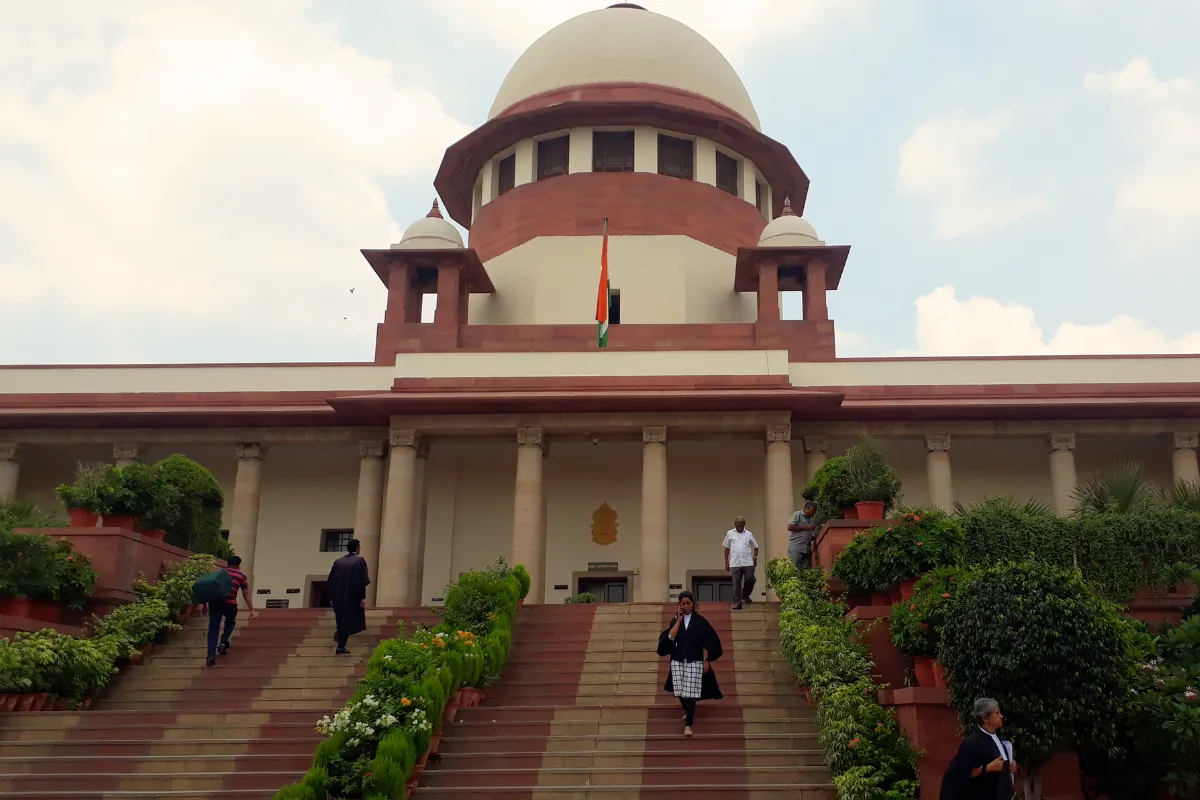The Supreme Court has limited the Enforcement Directorate’s (ED) ability to arrest suspects under Section 19 of the Prevention of Money Laundering Act (PMLA), which is a noteworthy move. According to this order, the ED must get the court’s permission before conducting an arrest if the accused person shows up for the scheduled appearance before a special court and the court considers the complaint.
Changes in Arrest Procedures
Previously, ED officials could conduct an arrest under Section 19 of the PMLA if they had written admissions of guilt and substantial evidence. But now, the ED cannot conduct an arrest without the special court’s consent if the accused has already shown up in court after being summoned and the court accepts the accusation.
Requirement of Court Summons
An accused person cannot be arrested later if they haven’t been taken into custody by the time the ED submits its complaint. A summons must be issued by the special court, and the accused cannot be said to be “in custody” if they reply to it. If the special court determines that custodial questioning is required, only then the ED can request custody.
Bail Proceedings
The Supreme Court underlined that in order to be granted bail under the PMLA, accused parties who have not yet been detained but have responded to a court summons must pass the stringent “twin test.” In order to pass this test, the court must be convinced that the defendant is unlikely to commit new crimes while free on bond.
Case Background and Implications
This decision is the result of a particular money laundering case in which the defendant was summoned to appear before a special court. It was questioned if, in the event that the special court had already acknowledged the offence, the accused would still need to pass the “twin test” in order to be granted bail. The Supreme Court has finally clarified this issue after previously deferring its decision.












